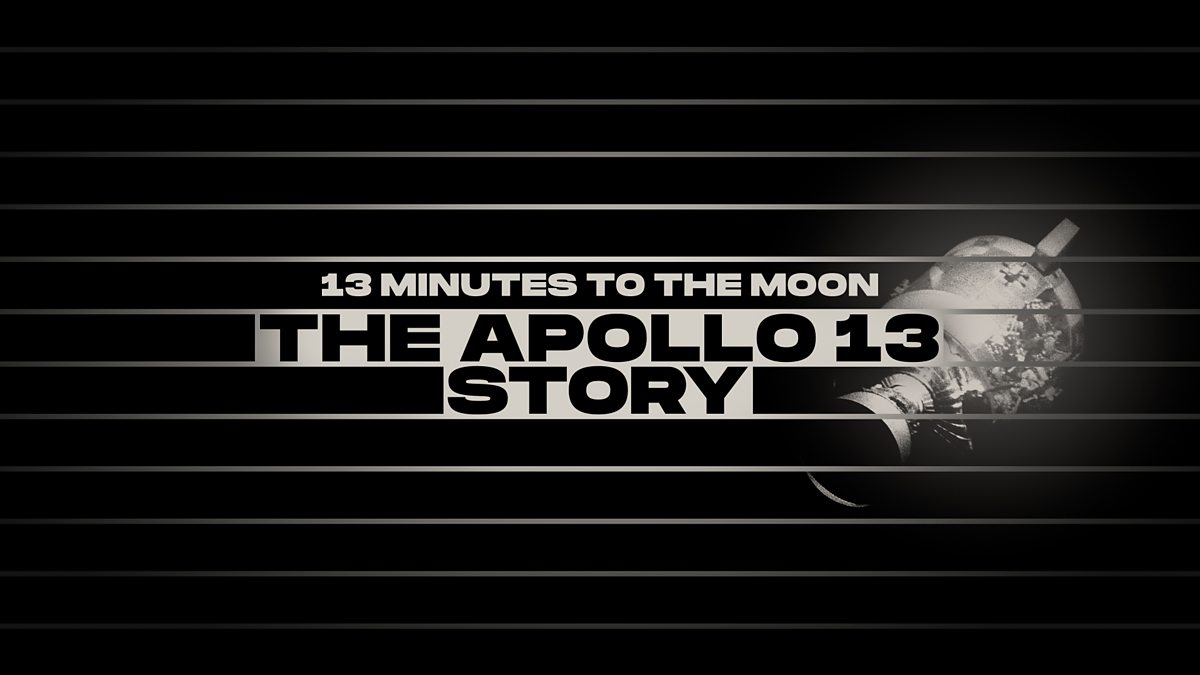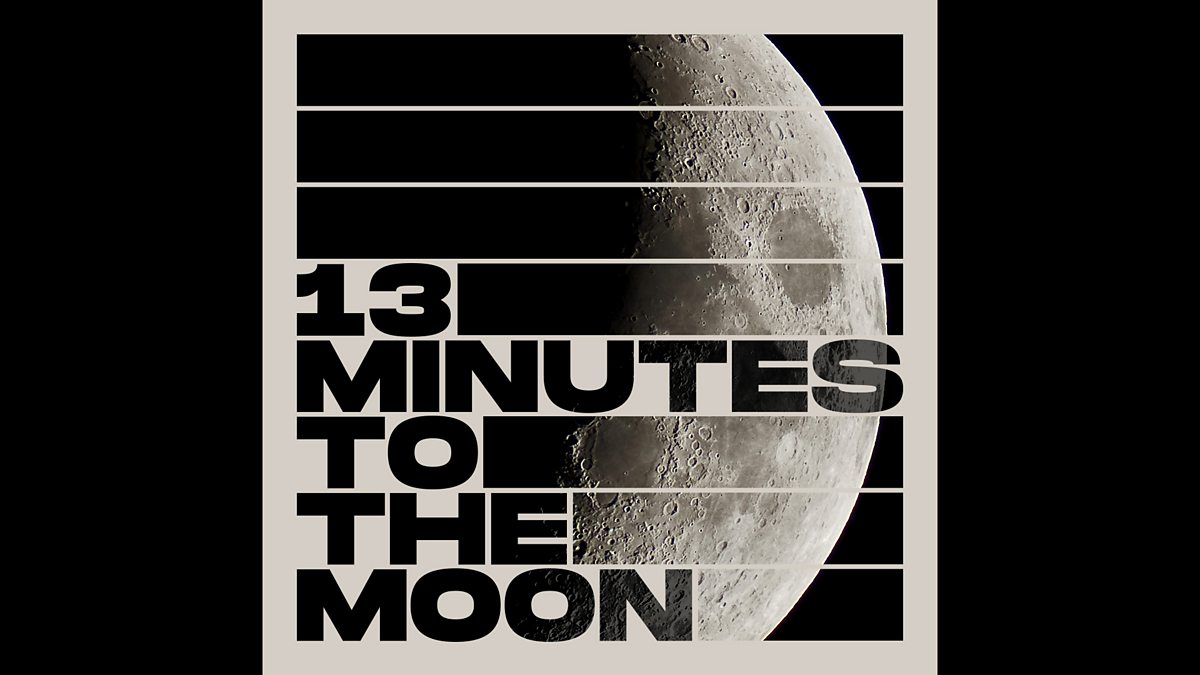- Messages
- 1,141
View attachment 53677
What I am actually reading at the moment - I just put it down to take its picture - it is a big, expensive hardback - suits the subject - wonderful
@Missoni - 'Thanks for this; just checked it out, it comes across as a must read. I have downloaded several free texts on the early history of the region and added them to my reading list but this looks like a real gem'
Thanks for saying so - that will remain - I think - a unique experience in my life - ordinarily - recommending books about Mesopotamian religion - is not fertile ground - ironically - I have found. The Jacobsen book was the perfect primer text for me - I very much needed someone to 'hold my hand' through the basics - if you didn't have a guide - the source texts would be so obtuse - as to be opaque. I think it was the guy's PHD worked up to a full book - all the quotes he uses - to illustrate and argue his point - he transliterated himself - from cuneiform - hence why its transliteration and not translation - that's quite impressive - in my book or tablet. If you are still reading this - then give it a go - what is virtually identical - in all but minor details - woven into long standing beliefs - is the biblical 'Genesis' flood - albeit being written down at least a millennia and a half before the formulation of the old testament we know now. In the Babylonian version - Enlil - the senior god - just gets sick of all the noise humans make - they had been created by the usual sort of pantheon - named deities for crops, seasons, moon & sun - that sort of thing - to do the hard work - but turned out to be too noisy for the gods. Plus ca change?
View attachment 53680
@Scotshave - I think our 'willfully obscure' book challenge might well get out of hand quite soon. I didn't have enough background on the Egyptian stuff to follow it properly - I know who Akhenaten was - at least. Ill judged ideas of monotheism before its time - the axial age hadn't been invented at that point. I'll see your obscurity - and raise you - Coptic in twenty lessons - to be honest - I could have done with another twenty - if not more. Densely impenetrable - it reads from right to left - for starters. Like ancient Hebrew and Arabic - it doesn't have anything you would understand to be a vowel - no critical marks - nothing - no guide to pronunciation - which is fair enough - nobody speaks it any more - an awful lot of primary sources for early Christian theology are recorded in the language. Mixed between Coptic and Greek - The Nag Hammad texts - most obviously. An awful lot of scripture - that circulated freely at the time - valued enough - that the enormous amount of time and resources involved with copying them happened - until Athanasius of Alexandria put a tin lid on it - the early 5th century. And thus the canon we know now - the scripture we lost - the faiths we never knew - on that obscure note - yours - I.
...both of these look great; I fear a little challenging and maybe inaccessible for me though, at this time. I have become curious regarding the Psalms and I have downloaded several versions of the Old Testament for the Psalms and also downloaded the Sumerian Liturgies and Psalms by Stephen Langdon and plan to read and contrast both. I doubt I have the knowledge to pick-up on any metanarrative but something about them drives my curiosity.
Last edited:








